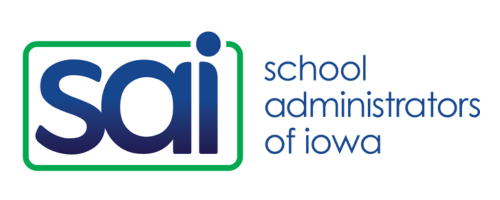Framework for Implementing AI
Access this "Framework for Implementing Artificial Intelligence in K–12 Education" provided by education strategy and policy consulting firm ILO Group to provide comprehensive information and resources on adopting AI technology.
With the goal of "emphasizing the role of AI as a supportive tool, while ensuring that human direction, oversight, and quality assurance are maintained at all times,” the framework is organized into two parts.
The first part invites districts to consider four key areas:
- Political
- Develop an AI Policy document.
- Leverage AI to enhance efficiency and effectiveness when administering and analyzing community polls and surveys.
- Build upon existing communication protocols and determine how you’ll navigate Fake AI Incidents.
- Work with legal counsel to determine if parent/guardian consent is required for certain AI tools.
- Form a districtwide AI-steering committee.
- Grow community understanding of AI by facilitating regular forums.
- Operational
- Develop a districtwide AI training program.
- Ensure equal access to AI tools.
- Revise digital literacy curriculum to account for AI.
- Develop a process for piloting, purchasing, and integrating AI resources.
- Technical
- Conduct a tech audit and identify gaps for AI implementation.
- Review 3rd party vendor contracts to understand how they are using AI and if it fits within your guidelines and policy.
- Gather feedback and ensure IT has capacity to respond to AI inquiries and provide technical support.
- Conduct data-integrity check to ensure validity of any data your AI will use
- Test the AI system using historical data to validate the reports and results you’ll get.
- Fiscal
- Outline a specific budget for AI initiatives, including hardware/software, maintenance, oversight, and training expenses.
- Identify and apply an ROI Analysis on any AI tools that you use.
The second part is related to having an awareness of potential risk/s associated with department-specific applications across the organization. For example, if you plan to use AI to support individualized learning for students either to remediate or extend learning, you will want to note two possible risks. The first is related to privacy issues and potential bias. The second is the potential for over-reliance on the technology and AI’s inadequacy in addressing diverse learning needs. The framework includes examples from HR, curriculum and instruction, transportation, special education, and communication, among others. Check out the examples by accessing the full framework.
